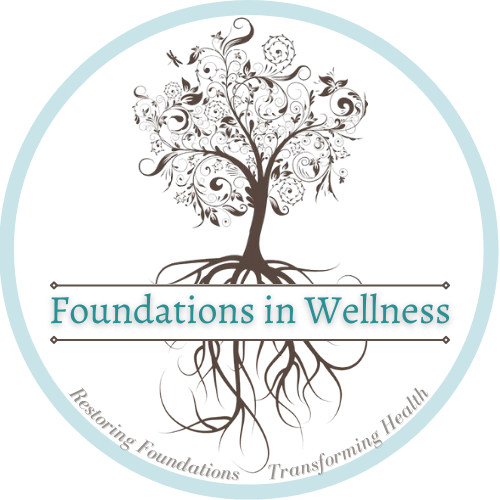
Introduction
In our contemporary pursuit of health optimization, we explore a multitude of modern “biohacks” aimed at enhancing our well-being. From the mental clarity promised by nootropics to the energizing effects of cold water therapy and the ubiquitous jolt of caffeine, the quest for ways to improve health seems unending. However, amidst these modern advancements lies an ancient and profoundly effective practice: fasting. This time-honored tradition, often overlooked in today’s health discourse, offers significant healing and wellness benefits that have been recognized throughout history.
Fasting: A Pillar of Ancient Wisdom
Historical Endorsements of Fasting
Fasting is far from a modern-day health trend; it is a practice steeped in ancient wisdom and historical reverence. Illustrious figures such as Hippocrates, often called the father of modern medicine, along with philosophers like Plato, Aristotle, Socrates, and the groundbreaking physician Paracelsus, all practiced and advocated for fasting. Paracelsus famously termed fasting as “the greatest remedy—the physician within.” These endorsements by some of history’s most respected thinkers underscore fasting’s critical role in traditional healing practices and its importance across various cultures and eras.
Our Genetic Blueprint for Fasting
Contrary to the constant availability of food in modern society, our ancestors experienced natural cycles of feast and famine. This intermittent access to food is encoded in our genetic makeup, indicating that periodic fasting aligns with our body’s inherent health rhythms. Modern research supports this concept, revealing that our bodies are not only capable of enduring fasting but also thrive during these periods, utilizing them for deep physiological rejuvenation and repair. Studies have shown that fasting can significantly enhance metabolic health, increase stress resistance, and extend lifespan (Mattson et al., 2017).
The Biological Mechanisms Behind Fasting’s Healing Power
Cellular Restoration through Autophagy
One of the most critical processes initiated during fasting is autophagy, where cells degrade and recycle their own components. This mechanism is essential for cellular cleanliness and efficiency, preventing diseases by removing damaged and dysfunctional cellular parts. Autophagy has been linked to reduced inflammation, prevention of neurodegenerative diseases, and increased longevity (Klionsky, DJ., 2017).
Enhancement of Growth Hormone Secretion
Fasting also leads to a significant increase in the secretion of growth hormone, which is vital for metabolism, muscle strength, and body composition. Elevated levels of growth hormone during fasting help preserve muscle tissue and liver glycogen, and promote the breakdown of fats for energy. This hormonal adjustment plays a pivotal role in maintaining physical and metabolic health (Hartman et al., 1992).
Stimulating Stem Cell Regeneration
Emerging evidence suggests that fasting can stimulate the production of new stem cells, enhancing the body’s ability to repair and rejuvenate tissues. This regeneration is critical for maintaining a robust immune system and improving overall health resilience. Research in animals has shown that cycles of prolonged fasting protect against immune system damage and induce immune system regeneration (Cheng et al., 2014).

Beyond Symptom Management: Fasting as a Pathway to Healing
Therapeutic Potential of Fasting
Contemporary medicine often emphasizes symptom management with pharmaceuticals, but fasting offers a paradigm shift, focusing on activating the body’s natural healing capabilities. This holistic approach requires an understanding of health where underlying issues, whether environmental toxins or chronic conditions, are addressed alongside fasting to maximize its therapeutic benefits.
Implementing Fasting Safely and Effectively
Personalizing Your Fasting Approach
Adopting fasting into one’s lifestyle should be a thoughtful and personalized process. There are various forms of fasting, including intermittent fasting, time-restricted eating, and extended fasts, each offering distinct benefits. It is crucial to consult with healthcare professionals experienced in fasting protocols to ensure that the chosen method aligns with individual health needs and goals. This personalized approach helps make fasting both safe and effective, tailored to enhance health without adverse effects.
Conclusion: Embracing the Holistic Benefits of Fasting
Fasting is more than a mere health trend; it is a fundamental aspect of human health evolution, offering a profound, holistic approach to enhancing well-being. As we continue to explore and integrate fasting into our health regimes, approaching it with respect, mindfulness, and a deep commitment to understanding its role in our health is essential. Through fasting, we engage in a practice that has not only been revered through ages for its healing powers but also supported by modern science for its profound benefits. By embracing fasting, we unlock a powerful internal healing mechanism, affirming that sometimes, true wellness indeed comes from within.


